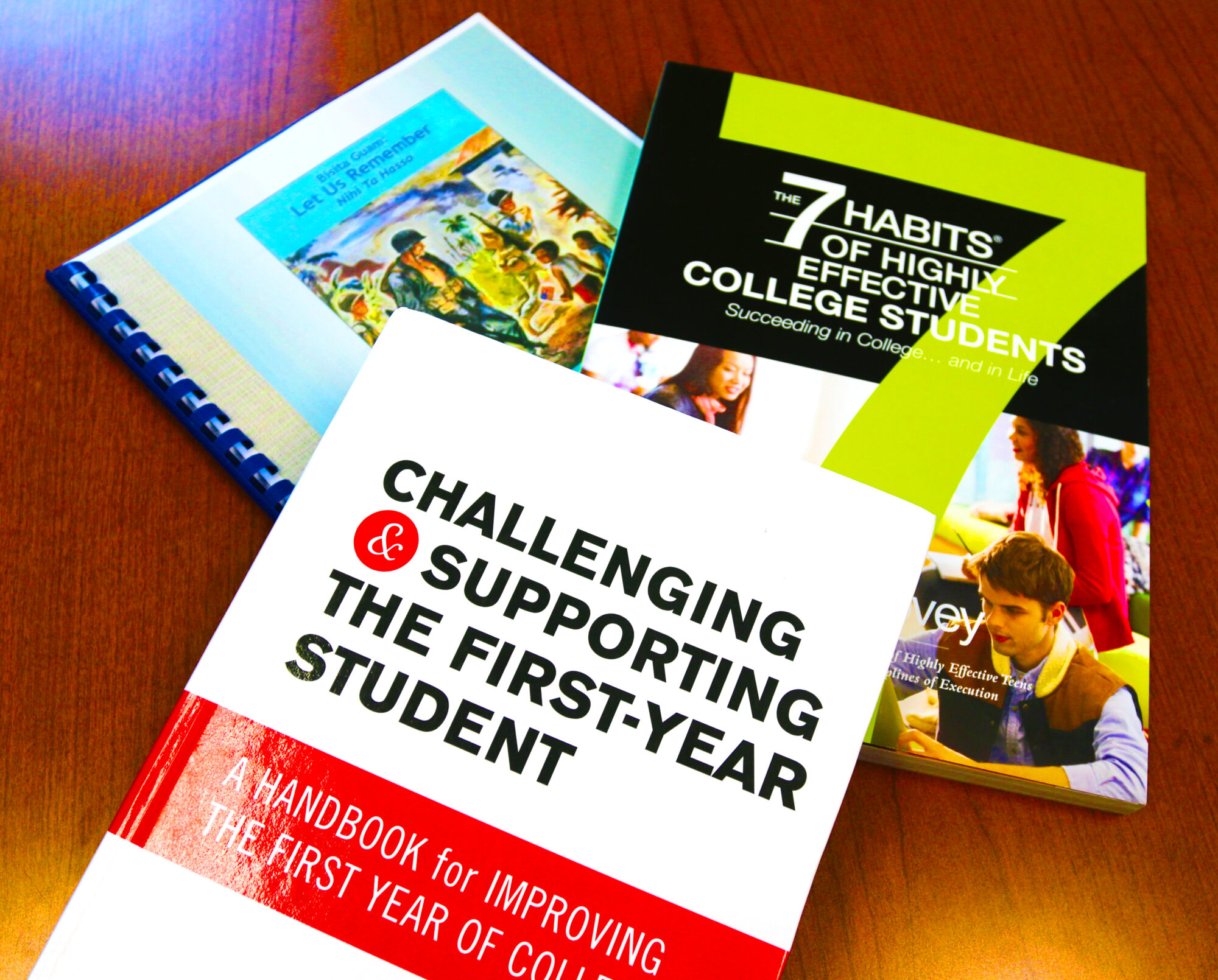The University of Guam has updated one of its general education requirements from ID180 to FY101 as of this Fall Semester 2017.
ID180 was a two credit course known as College Success Seminar and was required for all freshman students to take within their first year. It was created by English faculty and was taught at UOG for 15 years.
The course was designed to help freshman students smoothly transition into college life using campus tours of resources such as the RFK Library. Students also had to make a four-year academic plan for themselves.
To improve feedback from previous ID180 students, new course curriculum has been implemented in its place. FY101 is a three credit course known as First Year Seminar and is still required for all freshmen students to take within their first year. The course is designed to enhance student engagement and learning outcomes.
Issues
Students were forced to take a fifth class to meet the 12 credit course requirement to be considered a full time student. This inadvertently caused students to struggle in their academics with five classes as a first year student. “ID180 was more based on making sure students had all the requisite attitudes and aptitudes for being in college.” said McVey.
There was a lack of common teaching approach as those who wrote the course were not the ones who taught it and the instructors who taught these course did not have adequate training on the course material. “Students felt like they weren’t treated like adults.”said McVey.
They felt patronized by the watered down content which dedicated an entire semester to learn how to use different resources, which while was helpful to students, was still considered an ineffective use of time.
Improvements
FY101 is a three credit course. Instead of using the textbook Success in College, FY101 students are required to read The 7 Habits of Highly Effective College Students and Nihi Ta Hasso, a local novel. “That textbook has been adopted by over 100 universities in the United States.” McVey said regarding the 7 Habits text.
Since FY101 is a three credit course, students no longer need to take a fifth class. The change in textbooks encourages students to excel from a local perspective as well provides them with practical life skills.
The new course curriculum has three core components. The first being the extended orientation where students get to learn of school resources. The second is practical life skills from the new text of effective college students that are beneficial to students to take with them after college.
Lastly is the local perspective with the text “Nihi Ta Hasso” serving as a resiliency memoir. “If our ancestors could survive WWII, you can survive college.” says Assistant Vice President for Academic Excellence Troy McVey, PhD.
Supporting First Year Students
National literature shows that universities see the most improvement in engaging students to finish a degree within their first year, McVey said. “ The Nihi Ta Hasso memoir provides a grounding and a authentic pacific islander perspective. It increases the sense of belonging and also provides an example of resiliency. If your ancestors could survive this, you can survive school. No matter what comes your way.”
Numerous educational conferences emphasize the importance of supporting first year students through student conferences and seminars.

